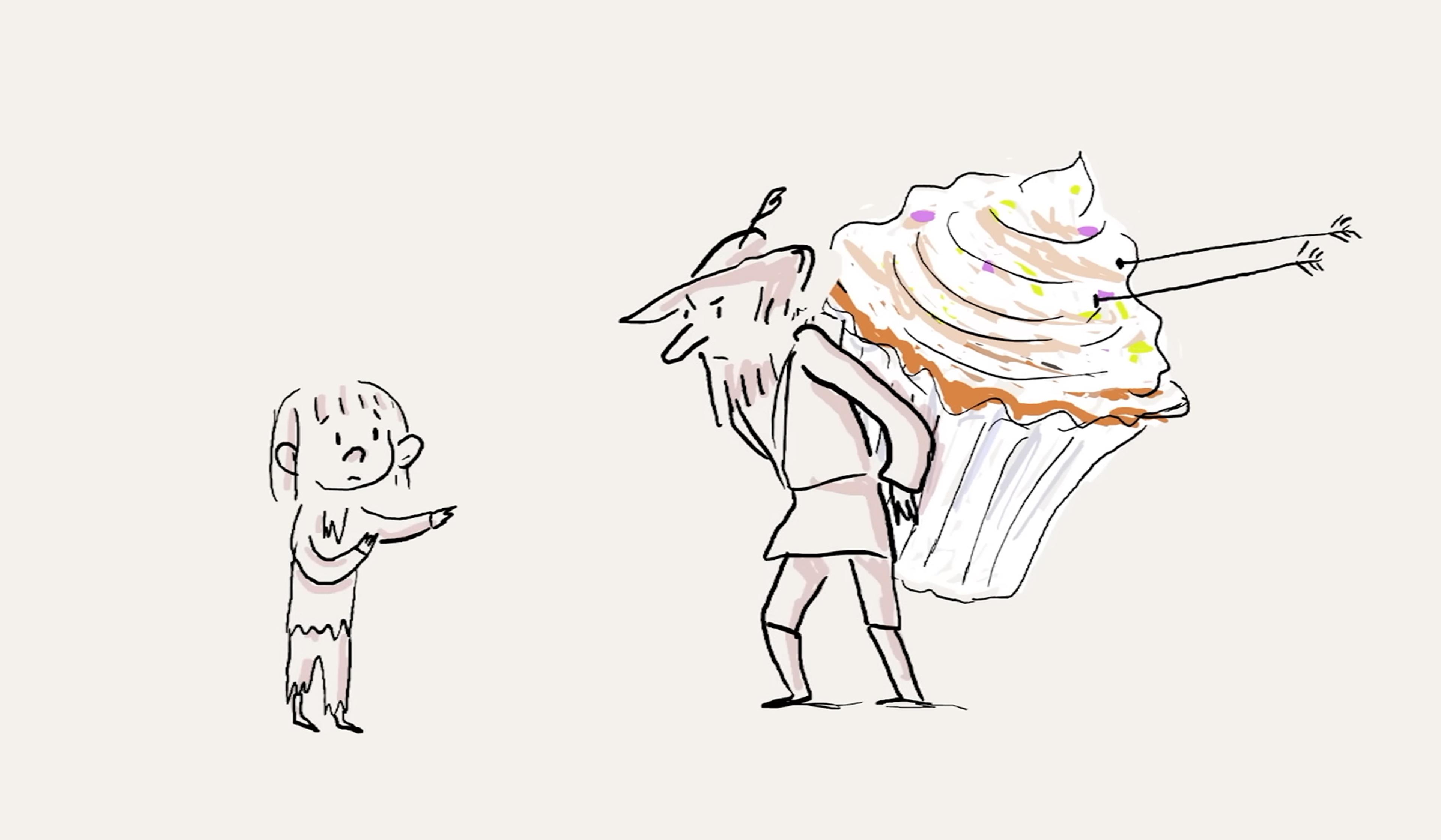How many monkeys is it worth sacrificing to save a human life?
Longstanding debates on the ethics of animal experimentation have become only more complicated with the rise modern medicine. Mounting evidence suggests that many more animals than previously known possess a sense of self, the ability to reason, and a capacity to suffer. Given what scientists have learned about the expansive inner worlds of nonhuman animals, to what extent can they justify experimenting on them for the potential good of humans – especially when the subjects are some of our closest relatives in the animal kingdom? A collaboration between TED-Ed and the Parr Center for Ethics at the University of North Carolina at Chapel Hill, this animation frames the debate around the ongoing US government-funded research for improved smallpox vaccines, which uses monkeys as test subjects. From this starting point, the video traverses the views of philosophers across the centuries on the moral status of nonhuman animals, set against their potential worth for human benefit.

video
History of science
Meet the Quaker pacifist who shattered British science’s highest glass ceilings
14 minutes

video
Ethics
Plato saw little value in privacy. How do his ideas hold up in the information age?
5 minutes

video
Animals and humans
Are zoos and natural history museums born of a desire to understand, or to control?
57 minutes

video
Bioethics
What a 1970 experiment reveals about the possibility and perils of ‘head transplants’
6 minutes

video
Political philosophy
The radical activist couple who fought for social change in the courtroom
21 minutes

video
Human rights and justice
Can providing humanitarian aid be illegal? A troubling case from the US-Mexico border
17 minutes

video
Personality
A ‘dumpster archeologist’ reconstructs strangers’ stories via what they’ve discarded
14 minutes

video
Bioethics
Is it ethical to have a second child so that your first might live?
10 minutes

video
Ethics
For Iris Murdoch, selfishness is a fault that can be solved by reframing the world
6 minutes